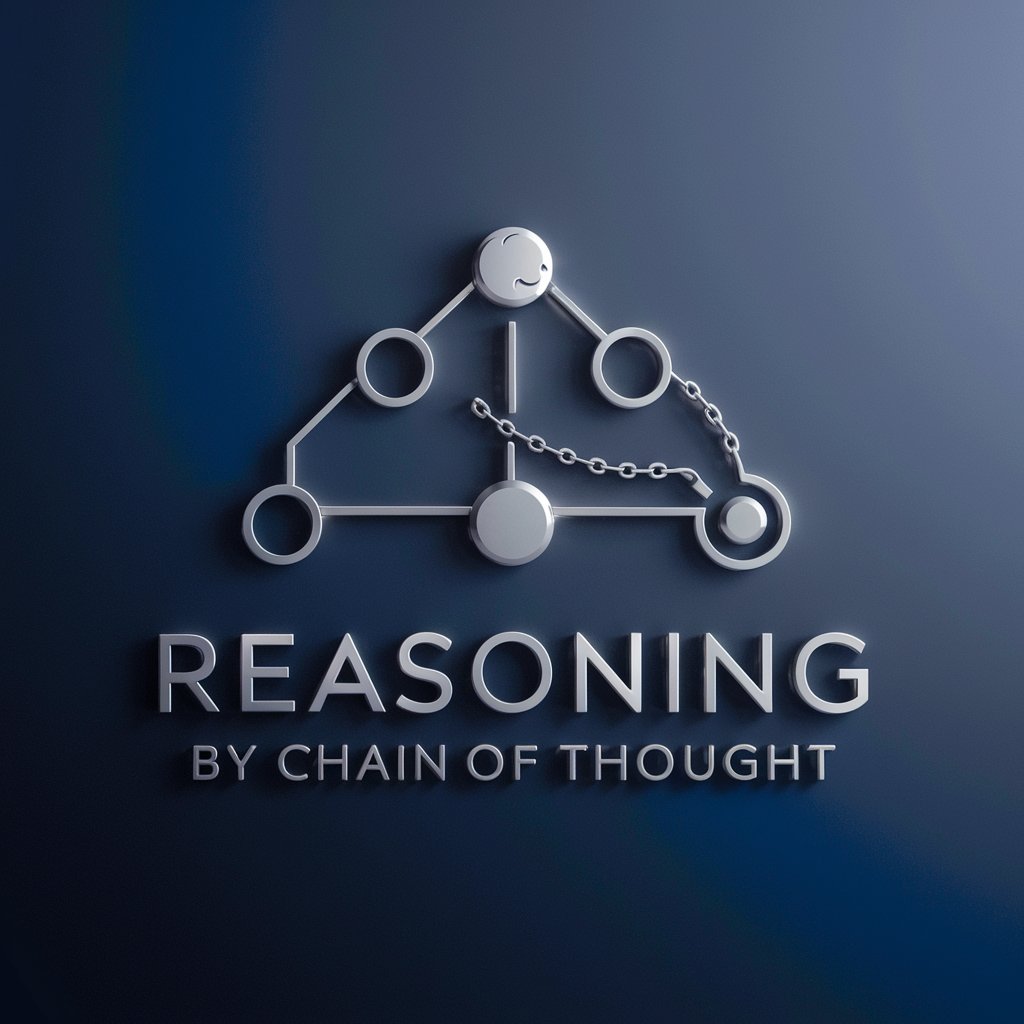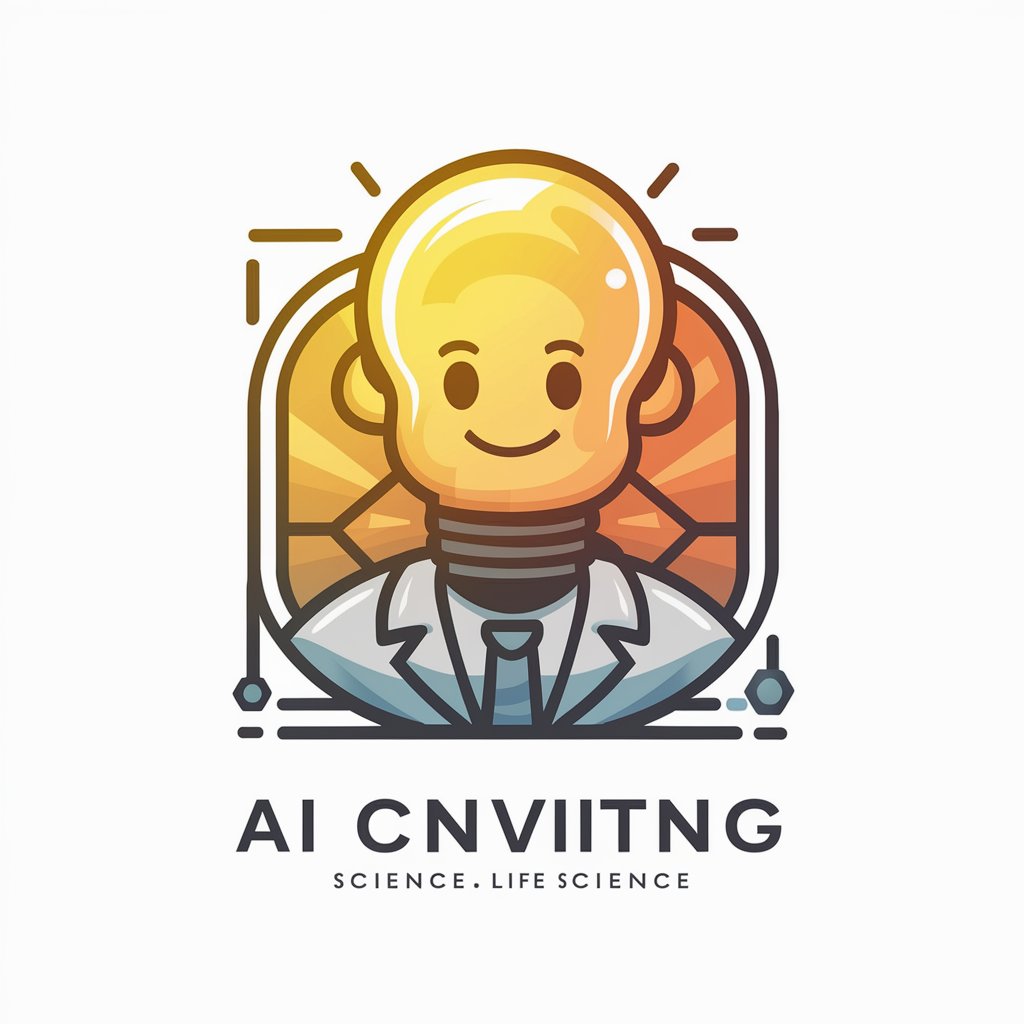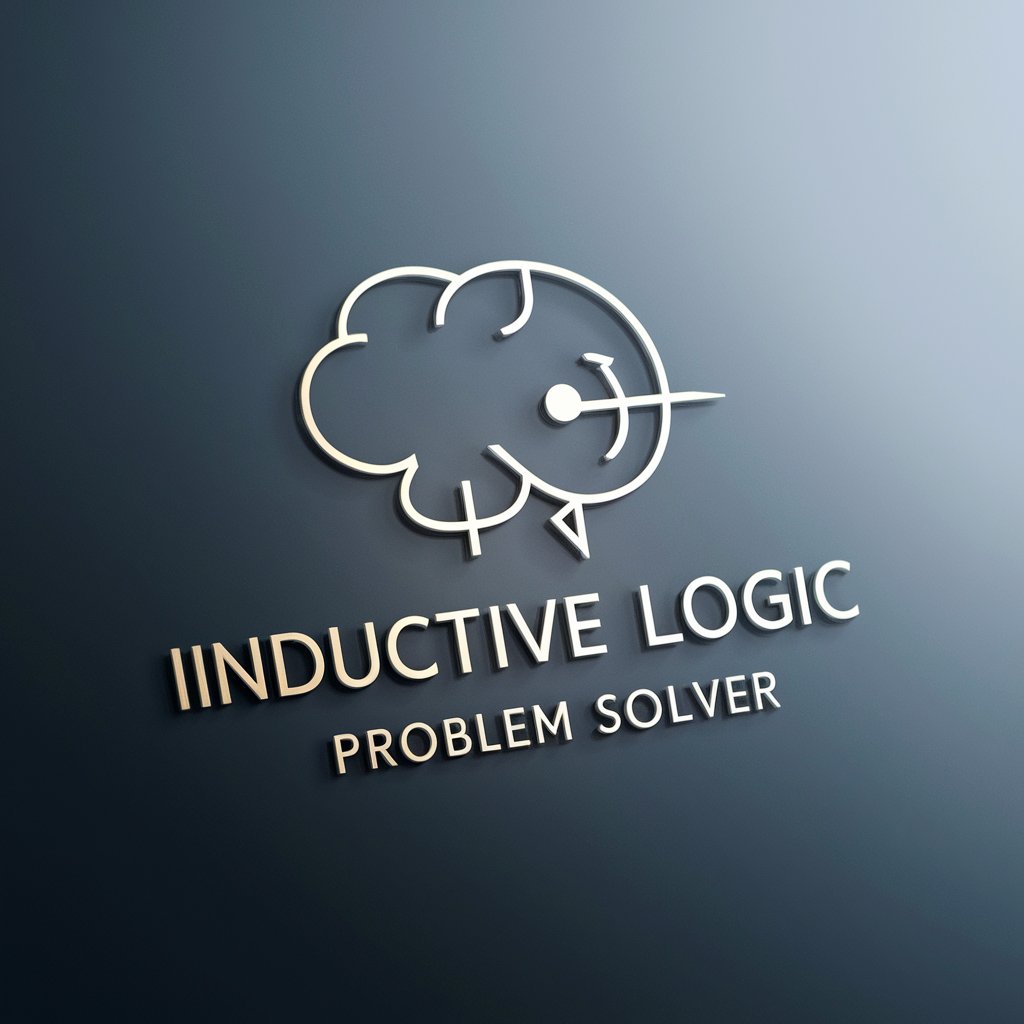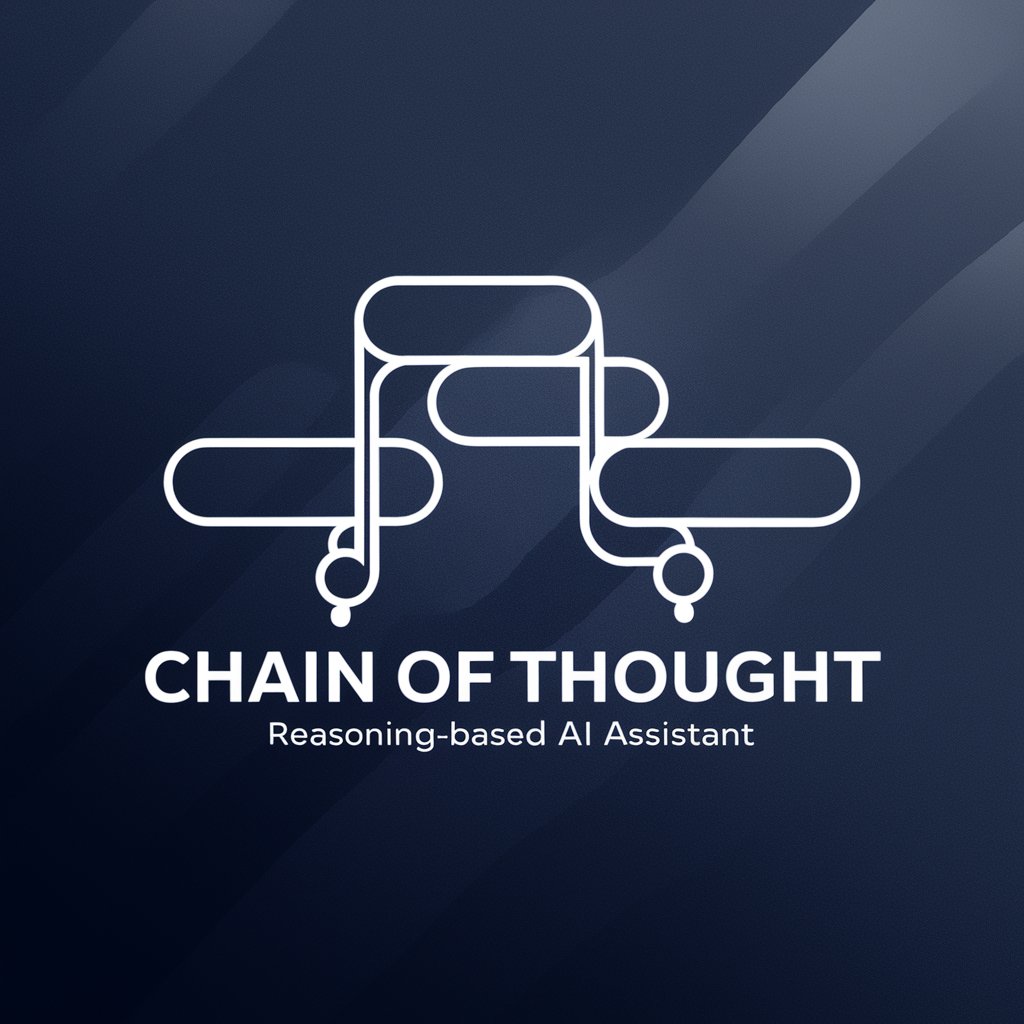
Inductive Reasoning - inductive logic analysis

Hi! Let's dive into some inductive reasoning together.
Harness AI for smarter inductive reasoning
Explain the concept of entropy in simple terms.
How does photosynthesis work in plants?
What are the basic principles of quantum mechanics?
Describe how a neural network functions.
Get Embed Code
Inductive Reasoning - An Overview
Inductive Reasoning, the approach I embody, is fundamentally about forming generalizations based on specific observations. Unlike deductive reasoning which starts with a general principle and deduces specific instances, inductive reasoning begins with specific examples and infers broader generalizations or theories. For instance, if we observe that the sun has risen every day in our lifetime, we might inductively conclude that the sun will rise every day. In practice, my function is to use such reasoning to assist in decision-making, problem-solving, and generating insights across various fields, always starting from specific data or cases to extrapolate broader conclusions. Powered by ChatGPT-4o。

Core Functions of Inductive Reasoning
Pattern Recognition
Example
Identifying market trends from historical financial data
Scenario
An analyst observes that a stock’s price increases after every positive earnings report. Using inductive reasoning, they may predict that the stock price will rise following future positive earnings reports.
Hypothesis Generation
Example
Developing new scientific theories based on experimental data
Scenario
A scientist observes that a certain medication reduces symptoms in a group of patients. Inductively, they hypothesize that the medication could be effective for a wider population, leading to broader clinical trials.
Decision Support
Example
Advising on business strategies based on customer feedback
Scenario
A business receives customer feedback highlighting the popularity of an eco-friendly feature in their product. Inductive reasoning suggests expanding this feature in future products to enhance customer satisfaction and loyalty.
Target Users of Inductive Reasoning Services
Data Analysts and Scientists
These professionals often work with large sets of data, where inductive reasoning helps to identify patterns, trends, and formulate hypotheses that can be tested and validated. The ability to move from specific data points to general insights is crucial in these fields.
Business Strategists and Marketers
Inductive reasoning assists in interpreting market trends, customer behavior, and competitor actions to develop effective business strategies. Marketers use it to understand customer needs and preferences, formulating campaigns based on observed data.
Educators and Researchers
In educational and research settings, inductive reasoning is valuable for developing new teaching methods or theories based on classroom observations and experiments. It helps in understanding the learning process and devising innovative educational strategies.

Using Inductive Reasoning: A Step-by-Step Guide
Start Here
Begin by accessing yeschat.ai for a hassle-free trial that requires no login or subscription to ChatGPT Plus, ensuring easy and immediate access.
Identify Your Needs
Determine the specific context or problem where inductive reasoning could be applied, such as solving a complex problem, making predictions, or generating ideas.
Gather Data
Collect relevant information, observations, or experiences related to your context. The quality and breadth of data can significantly influence the effectiveness of the inductive reasoning process.
Analyze Patterns
Examine the gathered information to identify patterns, trends, or relationships. This step is crucial for forming generalizations or hypotheses from specific instances.
Apply Insights
Utilize the insights gained through inductive reasoning to make informed decisions, solve problems, or create innovative solutions, continuously refining your approach based on feedback and results.
Try other advanced and practical GPTs
Dominant boyfriend
Flirt with a digital rebel.

Deductive Reasoning
Empowering Decisions with AI-Driven Logic
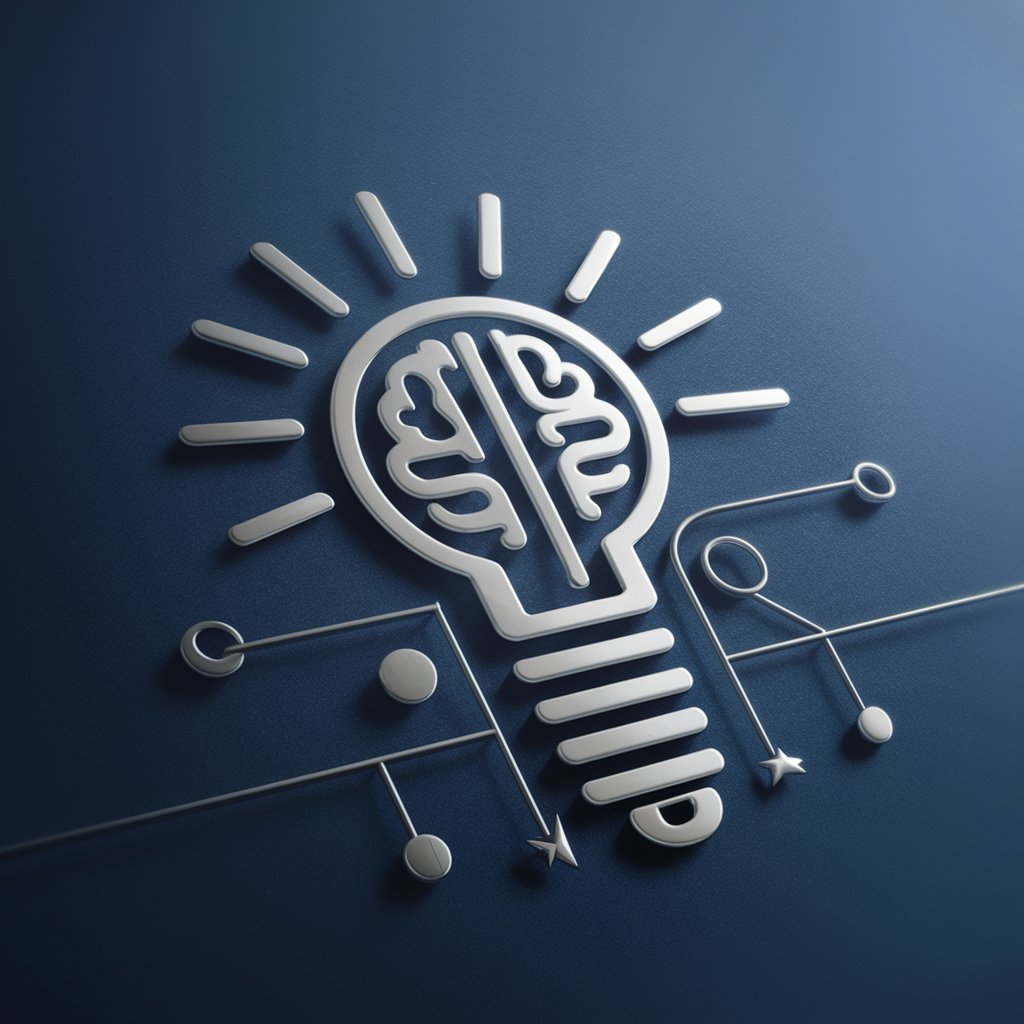
Top G AI
Empowering Leadership Through AI

Kleopatra Olsa Ne Yapardı?
Empower your decisions with Cleopatra’s wisdom.

Stoic Motivation
Empower Your Mind, Stoically.

Spectrum Scout
Discover Colors with AI

유전질환
Decoding Genetics with AI

The Psychology Behind Finance
Unlock Financial Wisdom with AI

The Psychology Behind Creating Music
Discover the Mind's Melody with AI

Behind your wine bottle
Savor the perfect wine experience with AI-driven insights.

No Dog Left Behind Animal Rescue
Empowering AI to Save Paws

Two Steps Behind
Empowering Your Leadership Journey with AI

In-Depth Q&A on Inductive Reasoning
What is inductive reasoning and how does it function?
Inductive reasoning is a logical process where multiple premises, all believed true or found true most of the time, are combined to obtain a specific conclusion. It involves observing patterns, drawing generalizations, and making predictions based on specific examples or facts.
Can you provide examples of inductive reasoning in daily life?
Inductive reasoning is often used in daily life, such as predicting the future based on past experiences, making culinary choices based on ingredients' flavors, or diagnosing problems with technology by examining common symptoms.
How does Inductive Reasoning differ from deductive reasoning?
Inductive reasoning moves from specific observations to broad generalizations, while deductive reasoning goes in the opposite direction, starting with a general statement and moving towards a specific conclusion.
What are some challenges or limitations of using inductive reasoning?
The main challenge of inductive reasoning is its potential for inaccuracy; the conclusions derived do not necessarily follow logically from the premises. It's influenced by the quality of observed data and the presence of exceptions.
How can one improve their inductive reasoning skills?
Improving inductive reasoning involves regularly practicing observation, seeking patterns in data, being open to revising conclusions with new evidence, and engaging in exercises that challenge predictive and analytical thinking.


